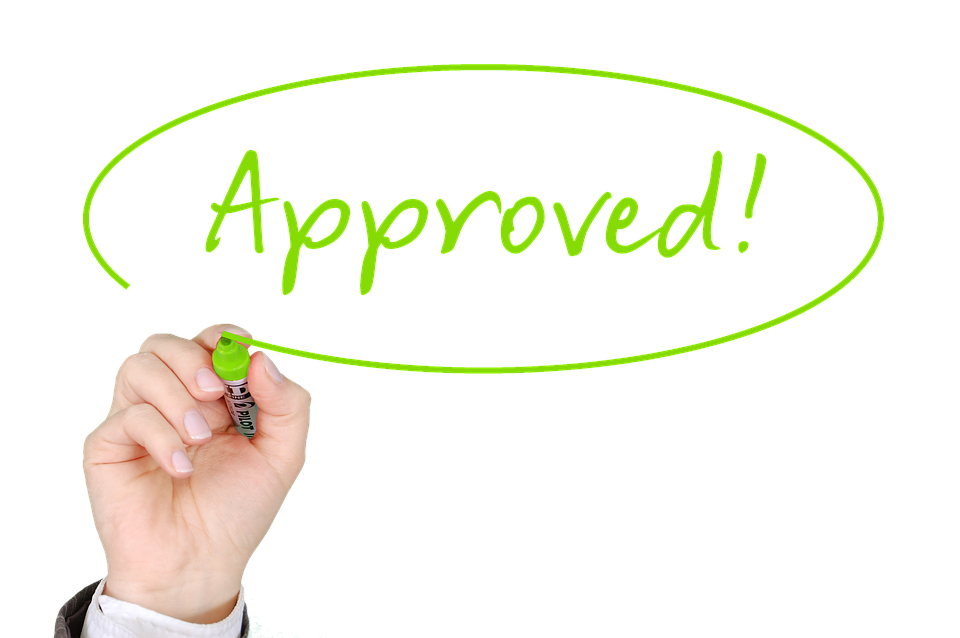From the desk of Rio Vista REALTOR, Ralene Nelson; Just wanted to share this article, it simplifies and demystifies mortgages.
Choosing the right mortgage is daunting, so we’ve demystified common scenarios to help you find the right loan.
Tired of paying rent and ready to become a homeowner? Good news! According to Trulia’s recent rent vs buy report, buying a home remains a cheaper option than renting, thanks to relatively low interest mortgage rates and fast-rising rents. And, even better news, you’ve taken a step in the right direction when it comes to saving money — buying can be nearly 40% cheaper than renting.
But before you start picking out curtains and furniture for that new home, there are some financing decisions that need to be made. Determining what type of mortgage is best for you and your family may seem intimidating, but there is one out there that’s right for you.
1. Find The Right Type Of Mortgage That Fits Your Needs
2. What if I can’t afford a conventional mortgage?
Let’s face it — not all of us have a 20% down payment socked away in the bank. But there are mortgage options that require less cash upfront and can help you become a homeowner.
A 10% down payment loan with private mortgage insurance or a Federal Housing Administration (FHA) loan require less money from the buyer upfront. But it does mean you’ll have a higher loan balance and will be forking over more money each month. It also means you’ll have less equity in the home when you’re ready to sell because you’ve also been paying mortgage insurance premiums.
However, if you can handle the higher monthly payment, but just don’t have the money saved for a large down payment or conventional mortgage, these options could be right for you.
3. I’ve got two toddlers and want to pay off my mortgage before they head to college. How can I do that?
A 15-year fixed-rate loan could help you reach that goal. With this type of mortgage you’re paying off your loan principal faster and gaining equity in your home more quickly. On the flip side, you’ll have a much higher monthly payment.
It’s a great way to gain equity. That is, if your budget can handle it. The trade-off is you’ll have less cash on hand for other expenses as they come up. (And with small children, unexpected expenditures are almost a guarantee.)
4. I’m downsizing to a smaller, less expensive home.
Do I still need a mortgage?Good for you! One of the smartest things you can do is commit to a home that meets (and doesn’t exceed) your needs. You can avoid monthly payments and interest altogether by paying for your home outright. Bonus: you’re building equity as your home’s value increases over time.
5. I’m not sure how long I’ll live in my current city. Does it still make sense to buy?
How long you stay in a home is an important consideration when deciding to purchase a home and take out a mortgage. As we’ve outlined before, it might be five years before you recoup the initial costs of purchasing a home.
If you’re certain you won’t be staying put much longer than five years, options that get you the most equity in your home — such as a 15-year or 30-year mortgage — are good ways to go.
6. What else should I be thinking about when considering buying a home and taking out a mortgage?
Most real estate professionals recommend shopping around, obtaining information from several lenders to ensure you’re getting the best price. You can also work with a mortgage broker to find a lender. Securing a home loan can take anywhere from a few weeks to a few months, so it pays to do your homework.
Source: trulia.com

